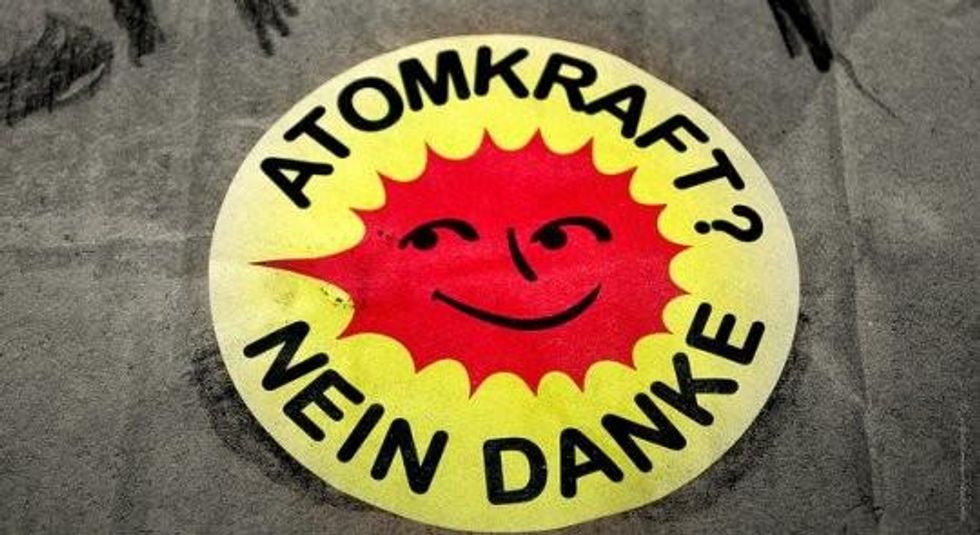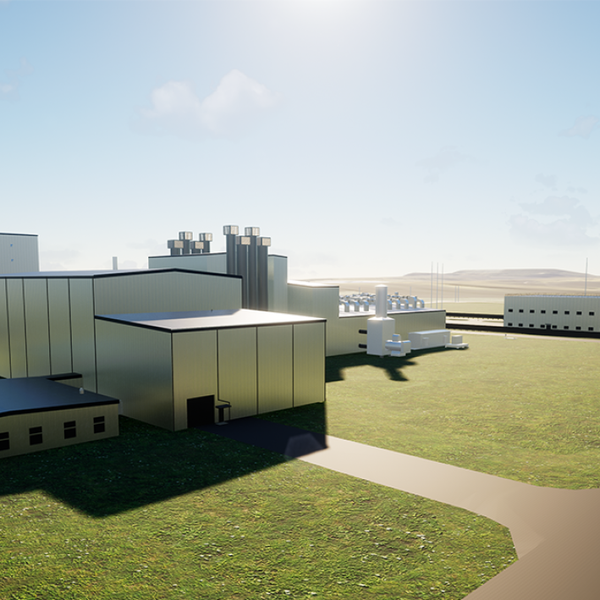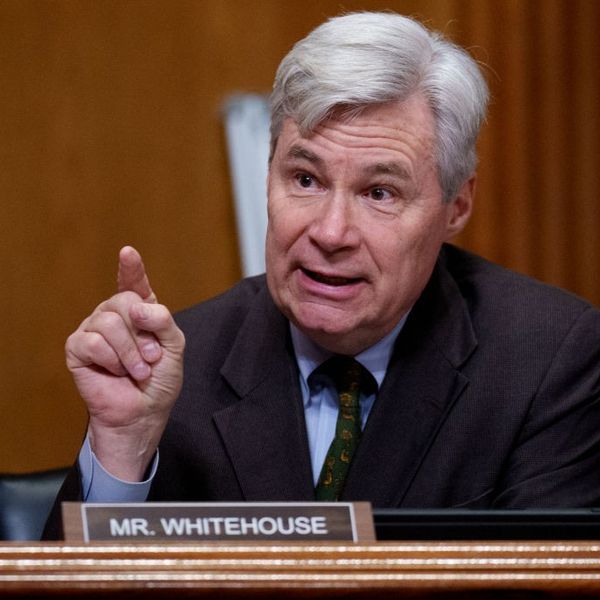No Return to Nuclear Power: German Environment Minister
Environment Minister Peter Altmaier vows country will stay on track to phase out nuclear power

"I cannot see any plausible political line-up that would enable a revival of nuclear power in Germany," Peter Altmaier told regional news daily Leipziger Volkszeitung.
In the wake of the Fukushima nuclear disaster, the country took steps to phase out nuclear power, while the disaster also sparked the biggest anti-nuclear protests in the country's history. The Guardian's Leo Hickman wrote at the end of 2011:
Within just a few weeks of Fukushima, the German government announced that all eight of the nation's reactors that were built prior to 1981 (Fukushima began generating in 1971) were to be temporarily shut down as a precaution and to allow time for safety checks. On 26 March, Germany witnessed its largest ever anti-nuclear demonstration when 250,000 people marched demanding that the government "heed Fukushima". By the end of May, Chancellor Angela Merkel had confirmed that Germany would speed up its retreat from nuclear energy and, by 2022, would have shut down the last of its reactors. To compensate, it would instead ramp up its supply of renewables from 17% to 35%.
The country's renewable push has already brought real climate benefits:
Germany has reduced its greenhouse gas emissions significantly in recent years as it has pushed forward a renewable agenda leading Europe into an age of wind and solar power.
In the past year, the country's CO2 emissions fell by 2.4% compared with 2010, according to figures released by Germany's Federal Environment Agency (UBA). The decrease, say experts, has largely come through a push towards renewable energy that has accelerated since the country began its move away from nuclear power.
In the first six months of 2012, the amount of electricity produced using renewable energy rose from 20% to 25%, bringing the country closer to its targets of 35% by 2020 and 80% by 2050.
"We are on a good track in regard to the increase in the share of renewables," said Brigitte Knopf, deputy head of research at the sustainable solutions project at the Potsdam Institute for Climate Impact Research (Pik). "This is a story of success, though some challenges are still ahead."
An Urgent Message From Our Co-Founder
Dear Common Dreams reader, The U.S. is on a fast track to authoritarianism like nothing I've ever seen. Meanwhile, corporate news outlets are utterly capitulating to Trump, twisting their coverage to avoid drawing his ire while lining up to stuff cash in his pockets. That's why I believe that Common Dreams is doing the best and most consequential reporting that we've ever done. Our small but mighty team is a progressive reporting powerhouse, covering the news every day that the corporate media never will. Our mission has always been simple: To inform. To inspire. And to ignite change for the common good. Now here's the key piece that I want all our readers to understand: None of this would be possible without your financial support. That's not just some fundraising cliche. It's the absolute and literal truth. We don't accept corporate advertising and never will. We don't have a paywall because we don't think people should be blocked from critical news based on their ability to pay. Everything we do is funded by the donations of readers like you. Will you donate now to help power the nonprofit, independent reporting of Common Dreams? Thank you for being a vital member of our community. Together, we can keep independent journalism alive when it’s needed most. - Craig Brown, Co-founder |

"I cannot see any plausible political line-up that would enable a revival of nuclear power in Germany," Peter Altmaier told regional news daily Leipziger Volkszeitung.
In the wake of the Fukushima nuclear disaster, the country took steps to phase out nuclear power, while the disaster also sparked the biggest anti-nuclear protests in the country's history. The Guardian's Leo Hickman wrote at the end of 2011:
Within just a few weeks of Fukushima, the German government announced that all eight of the nation's reactors that were built prior to 1981 (Fukushima began generating in 1971) were to be temporarily shut down as a precaution and to allow time for safety checks. On 26 March, Germany witnessed its largest ever anti-nuclear demonstration when 250,000 people marched demanding that the government "heed Fukushima". By the end of May, Chancellor Angela Merkel had confirmed that Germany would speed up its retreat from nuclear energy and, by 2022, would have shut down the last of its reactors. To compensate, it would instead ramp up its supply of renewables from 17% to 35%.
The country's renewable push has already brought real climate benefits:
Germany has reduced its greenhouse gas emissions significantly in recent years as it has pushed forward a renewable agenda leading Europe into an age of wind and solar power.
In the past year, the country's CO2 emissions fell by 2.4% compared with 2010, according to figures released by Germany's Federal Environment Agency (UBA). The decrease, say experts, has largely come through a push towards renewable energy that has accelerated since the country began its move away from nuclear power.
In the first six months of 2012, the amount of electricity produced using renewable energy rose from 20% to 25%, bringing the country closer to its targets of 35% by 2020 and 80% by 2050.
"We are on a good track in regard to the increase in the share of renewables," said Brigitte Knopf, deputy head of research at the sustainable solutions project at the Potsdam Institute for Climate Impact Research (Pik). "This is a story of success, though some challenges are still ahead."

"I cannot see any plausible political line-up that would enable a revival of nuclear power in Germany," Peter Altmaier told regional news daily Leipziger Volkszeitung.
In the wake of the Fukushima nuclear disaster, the country took steps to phase out nuclear power, while the disaster also sparked the biggest anti-nuclear protests in the country's history. The Guardian's Leo Hickman wrote at the end of 2011:
Within just a few weeks of Fukushima, the German government announced that all eight of the nation's reactors that were built prior to 1981 (Fukushima began generating in 1971) were to be temporarily shut down as a precaution and to allow time for safety checks. On 26 March, Germany witnessed its largest ever anti-nuclear demonstration when 250,000 people marched demanding that the government "heed Fukushima". By the end of May, Chancellor Angela Merkel had confirmed that Germany would speed up its retreat from nuclear energy and, by 2022, would have shut down the last of its reactors. To compensate, it would instead ramp up its supply of renewables from 17% to 35%.
The country's renewable push has already brought real climate benefits:
Germany has reduced its greenhouse gas emissions significantly in recent years as it has pushed forward a renewable agenda leading Europe into an age of wind and solar power.
In the past year, the country's CO2 emissions fell by 2.4% compared with 2010, according to figures released by Germany's Federal Environment Agency (UBA). The decrease, say experts, has largely come through a push towards renewable energy that has accelerated since the country began its move away from nuclear power.
In the first six months of 2012, the amount of electricity produced using renewable energy rose from 20% to 25%, bringing the country closer to its targets of 35% by 2020 and 80% by 2050.
"We are on a good track in regard to the increase in the share of renewables," said Brigitte Knopf, deputy head of research at the sustainable solutions project at the Potsdam Institute for Climate Impact Research (Pik). "This is a story of success, though some challenges are still ahead."

